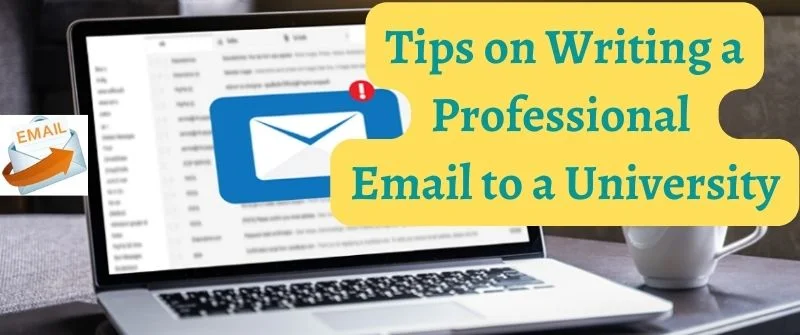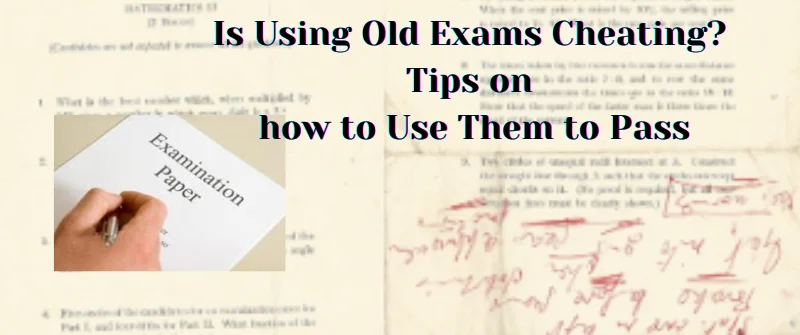Test Taking Strategies For Students: A Comprehensive Guide

Your academic journey will always involve a series of tests and exams. If you prepare effectively for your exams, getting a good test score will be easy. Therefore, a student has to adopt good test-taking strategies to achieve a remarkable score.
15 Test Taking Strategies For All Students
1. Adequate preparation

You simply cannot do well if you do not prepare adequately for a test. Ensure you study consistently throughout the semester. Review everything you have been covering before the test day.
Also, know and familiarize yourself with the test materials. Take your best time to comprehend the materials that are likely to be on the test.
Understanding these materials will improve your chances of scoring high on your test. Above all, study all concepts covered in your syllabus. Without all these preparation strategies, getting ahead on your test will be impossible.
2. Memory dump
Doing a memory dump is another effective test-taking strategy. It helps to boost your performance on the test exams. Simply write down information that you are likely to forget. These can be dates, lists, equations, or formulas.
3. Go through test directions carefully
Directions details are important because they contain valuable information useful for the test. Thus, you ought to read them carefully and understand every point.
Test instructions will notify you to know which questions to tackle.
4. Stick to the test time frame
It is good to estimate the amount of time you will need for each test section or each question. Give difficult questions more time.
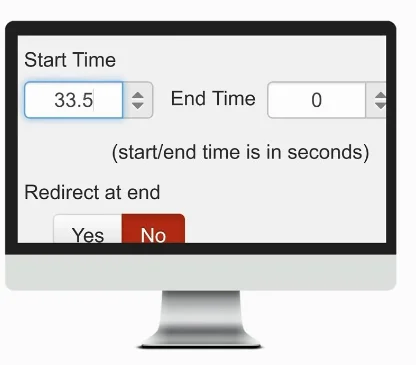
Also, allocate more time to sections that have more significance in the final grade. With proper personal pacing, it is easier to finish your test within the right time frame.
5. Answer all questions
It is very important to tackle all questions in a test exam. Professors can give credit for showing and completing your work.
Even if a question is partially completed, professors do recognize your efforts for attempting it.
6. Have an outline
You can prepare an outline consisting of the main topics and concepts. These should be topics that have a higher likelihood of appearing in the exams. This outline will help you to study and focus on important facts and information that will be on the test.
7. Have a positive attitude
Being positive is very important in exams. It is all about having the right confidence to tackle all types of questions. Do not lose focus when you come across confusing questions that may seem difficult to you.
You can start answering all the questions you know first to avoid time-wasting. You can make an educated guess when you find yourself with no clue about the right answer to a question. In addition, do not let patterns confuse you. If you have selected consecutive multiple answers that are the same, do not think about changing them.
8. Do not ignore first impressions
When you read a question, there is always the first answer that comes to your mind. In most cases, this is usually the correct answer. Do not be tempted to change the answer as long as you are sure what you have is the correct option.
However, if you are struggling to get correct answers to most questions, reviewing and making changes is important.
9. Finish early
Taking a test will be better if you finish earlier. Tackle the easy questions first then go back and start handling the difficult questions. If the test is about essays, you have to review it and remove any spelling or grammatical mistakes.

Finishing early will give you plenty of time for reviewing your answers. Also, have time to check if the whole test has been completed.
There are times when test questions appear on the opposite side of a page.
10. Take tests as practice sessions
Time and practice are what will eventually make you an expert in taking tests. As such, you can check your performance after taking each test.
This will help to evaluate yourself and know if the test-taking strategies are working.
Rightly so, you can determine the specific areas where you are struggling. This helps to have a discussion with your teacher on the areas where you have low test scores.
11. Planning for studies
Making time for studying gives you adequate preparation for a test. To plan for your studies effectively, have a calendar that features your daily and weekly study sessions.
This type of study planning ensures that work and other activities do not take your study time. Study sessions should always have priority in your calendar.
12. Look out for clues
Most teachers have a consistent methodology for setting out test questions. This is repeated each time they set out for an exam. Therefore, you can watch for clues that will guide you on how a teacher sets test questions.
Clues are important because they make it possible to determine the methodology and formats a teacher frequently uses. In the same spirit, ask questions, especially on concepts you do not understand. Never be ashamed to inquire from your teacher for more clarifications.
13. Ask your teacher for directions
Your teacher is in a good position to tell you the best methods of studying for a test. Ask your teacher about suggestions, secrets, and preparation methods for your test.
Inquire about the subjects, topics, and type of questions that are likely to feature in the test. Teachers are always willing to share this kind of information with students.
14. Be punctual on the test day
The earlier you arrive for your test, the better for you. Be there on time to participate in questioning the teacher as you seek more clarifications on the test. Arriving early is important, especially for students struggling with a particular subject or concept.

This creates time to seek more clarification from the instructor. Before the test starts, you will a chance to get additional knowledge.
Arriving early also allows you to relax and re-energize yourself for the test. If you arrive late for a test, there is likely to be confusion and panicking when other students are already relaxed.
15. Pay attention to last-minute instructions
Teachers can change the test details at the last minute. This is common in schools and colleges. Therefore, ensure you arrive early and take note of all the test instructions. This makes you comfortable and you will be able to avoid test-taking anxiety. If you do not understand the instructions, feel free to ask the teacher to repeat them once more.
Strategies To Take Exams For College/University Students
The college or university academic stage is a defining moment for your future. To pass your exams, you have to be strategic to have top performance. For starters, attend all classes regularly so that you do not miss out on any concept or subject.
Also, outline your study sessions and create time for each subject. This should be done weeks before the test to avoid last-minute stress. A proper outline is the best way to eliminate last-minute cramming.
Summarization of notes is very important. This ensures that the review material, key terms, and ideas are not left out when you are studying. For an effective visual aid, you can draw maps, diagrams, and charts as you prepare for your exams.
Another key strategy is to study old tests in your specific subject area. Past papers are good in giving you an idea of how professors are likely to structure the exam questions.
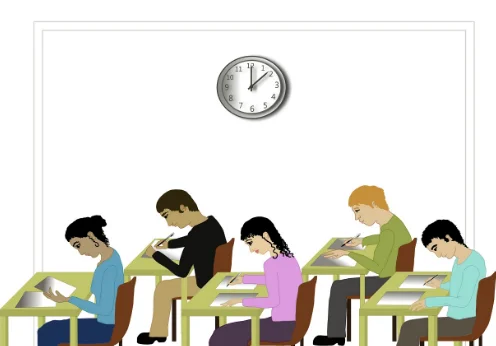
You can also ask your teacher or professor about the likely exam format that you will face. Establish if it is a multiple-choice or a true and false type of exam.
This will help you to study and revise effectively.
Strategies To Take Exams For High School Students
High school students tend to be careless when studying because of their teenage stage. As such, it is important to organize your study area so that there is no interference when studying. Before you start revising for your exams, ensure all materials are ready.
In addition to this, group study is effective. Throughout the semester and the night before your exam, you can form a study group. Groups are good in discussions, especially in areas where you are struggling.
Over-learning of exam material is equally important for high school students. This makes it easy to recall when you are writing the exam. As usual, a summary of notes always counts when you are revising. This ensures you do not study all material again when you are doing last-minute revisions for exams.
Lastly, arrive early for the exam and ensure that you relax a little before the exam.
Tips To Take Exams in Elementary School
Kids in elementary school need a lot of guidance from their parents. As a parent, ensure your child gets adequate sleep the night before the exams. Possibly eliminate any unnecessary conflict at home by ensuring the environment is pleasant. This will enable the child to focus on the exams.

By all means, ensure your child arrives at school on time the day of the exam. It is always important to remind your child of the significance of exams in school. In In this way, the child will grow up knowing that exams are important and will determine the final academic excellence in studies.
As an elementary school student, pay attention to all the instructions that the teacher gives. Be sure to read all directions carefully before answering any questions. Do not get stuck on one question and waste time. Just like in any other stage of school, time is also important in elementary school. Even when your classmates finish early, answer all your questions so that nothing is left blank.
Test-taking strategies for multiple choice exams
When taking multiple choice exams, it is good to narrow down your choices first. If you have a set of 5 multiple choices, start by eliminating the wrong answers. It will be easy to choose the correct one from the remaining choices.
Always ensure that you read all answers before you select the right one. There are cases when you feel the first choice is the correct answer but the last one can still be similar. Far from that, never be afraid to change an answer especially when you are going through for final touches.
If you find it difficult to answer a question, leave it and move on to the next but do not let this discourage you. You can find a clue to answer this question as you proceed with subsequent questions. In addition to this, be aware of questions that have confusing words such as “no”, “none”, and “not”. These are words that can alter the meaning of a question.
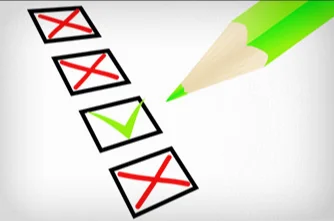
If the question is difficult and you have reached the point of guessing, use grammatical inconsistencies to do away with wrong answers.
Another hint is to opt for the answer that caught your eye first. Do not go for answers that have common determiners such as always, everyone, or never.
These strategies can help you to pick the correct choice when you are facing a confusing question.
Test Taking Strategies For Prose Written Tests
Go through past papers by reviewing the questions that are similar to the prose tests you are going to take. In outline, put more emphasis on passage-based questions when revising. If you study how to answer these types of questions, you will achieve a more accurate study of the material.
When taking the prose test, always be aware of the lesson’s name. What’s more, there is a need to identify all names of the authors, poets, or dramatists. If you go through the given extract carefully, there are high chances of understanding and scoring high on your test.
Confirm that the main concept and all keywords are clear to you. This helps to avoid confusion when you are tackling questions. Make sure the theme of the prose lesson is clear in your mind. You can properly tackle questions if you remember the context of the lessons.

When not handling complex essays and academic writing tasks, Josh is busy advising students on how to pass assignments. In spare time, he loves playing football or walking with his dog around the park.


